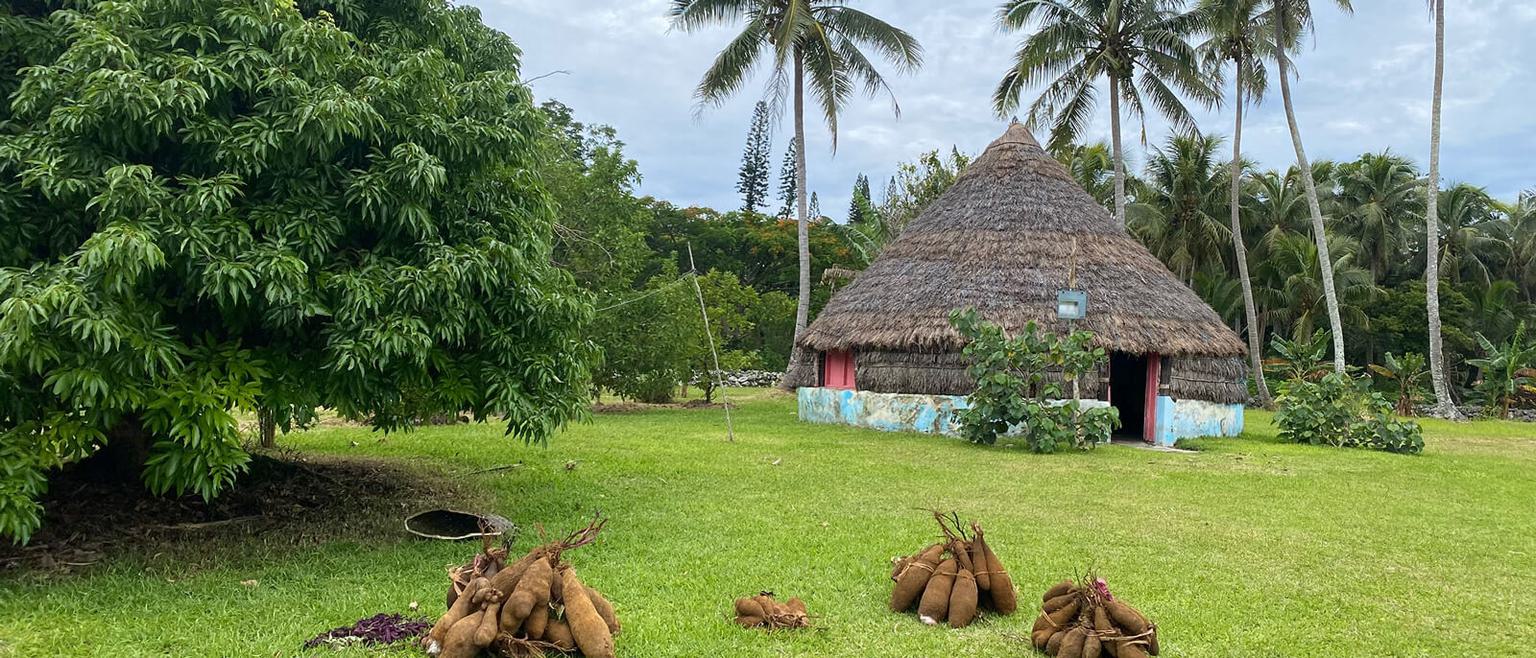Research Partnerships
Our research is powered by a global network of partners
We’re focused on working with underrepresented populations where there is the greatest potential for novel discovery.
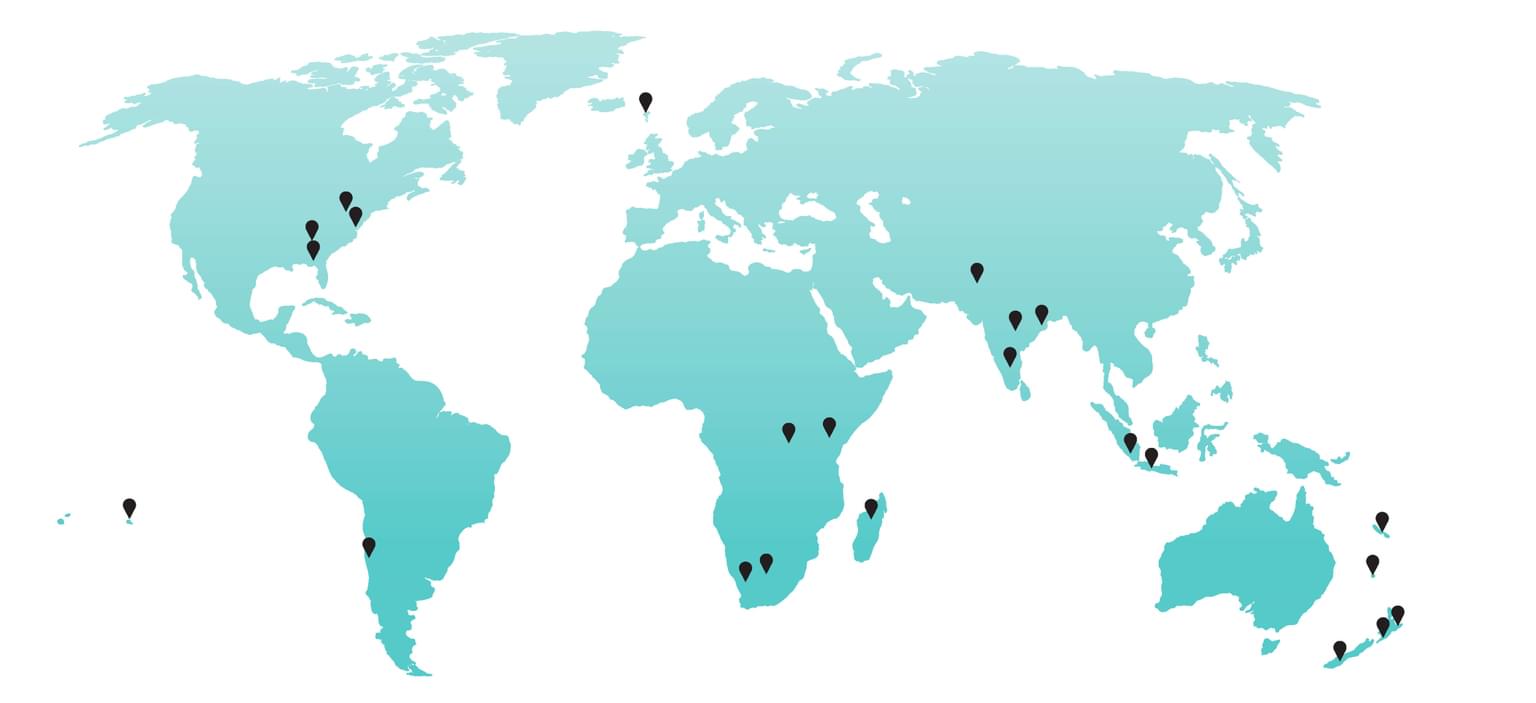
Who we partner with
We form research collaborations with communities, academics, healthcare professionals, disease experts, hospitals, laboratories, industry partners, and biobanks to carry out genetic studies. If you work with a population that has unique health-related traits or with an existing genetic cohort with medical relevance, and are interested in collaborating with us, please reach out.
What we partner on
We’re searching for populations or cohorts with unique health traits and a genetic architecture that facilitates drug discovery and development. This could result from past isolation, bottleneck or founder events, or high rates of relatedness within groups.
How we partner
Through our study collaborations, we can help support cohort recruitment, phenotyping, and sequencing. We can also contribute our deep analytical expertise to projects. Our partnerships are structured fairly and are focused on local benefits and capacity building. We co-design the studies with local researchers and, wherever possible, with participating communities around scientific questions relevant to all parties. Our academic collaborators are encouraged to share their findings with the scientific and local community.
Partner with purpose
At Variant Bio, we work to ensure that the communities we partner with benefit in ways that are relevant to them. To that end, we co-design short- and long-term benefit-sharing plans with each community depending on their specific needs and priorities. We also commit to sharing the results of research first and foremost with participating communities.
Interested in partnering with us? Contact us.
Highlighted Partnerships
Africa

Research partner: This project is a collaboration between Variant Bio and a team of researchers from the University of Antananarivo's Department of Anthropobiology and Sustainable Development led by Dr. Rindra Rakotoarivony, a specialist in the Anthropology of Human Genetics, Pr. Germain Jules Spiral, formerly the Head of the Laboratory of Physical Anthropology, and Dr. Jean Freddy Ranaivoarisoa, Head of the Department and of the Genetics Laboratory.
Partner community: Malagasy communities from three villages in Madagascar.
Project overview: This project aims to help better understand the human genetic diversity of Madagascar, through a pilot study in three different regions of the country: Tsianaloka on the West Coast, Ampandrilaza in the Central Highlands, and Tsiandatiana in the Southern Highlands.
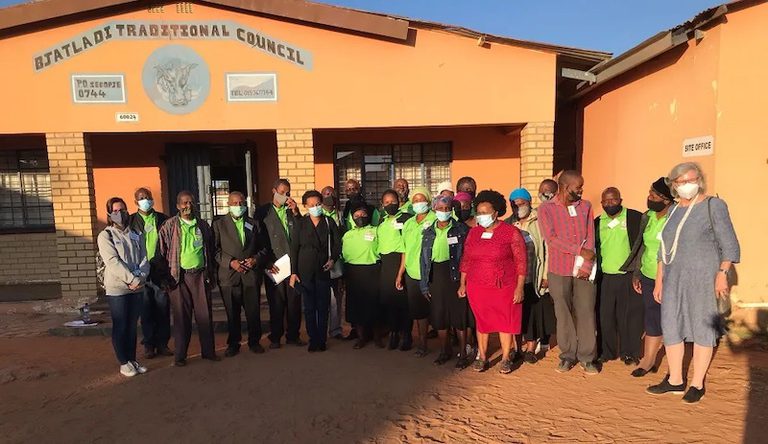
Research partner: This project is a collaboration between Variant Bio and the Sydney Brenner Institute for Molecular Bioscience at the University of the Witwatersrand in Johannesburg (Wits). This project builds on the AWI-Gen Collaborative Centre which is a Human Heredity and Health in Africa (H3Africa) Consortium study, led by Principal Investigator Professor Michèle Ramsay.
Partner community: Communities residing in locations throughout South Africa, namely Mpumalanga (Agincourt), Gauteng (Soweto), and Limpopo (DIMAMO).
Project overview: Through the creation of an eQTL database of information from South African individuals, this project aims to understand how genes are regulated in different populations within South Africa, with the goal of improving our understanding of how genes affect health.
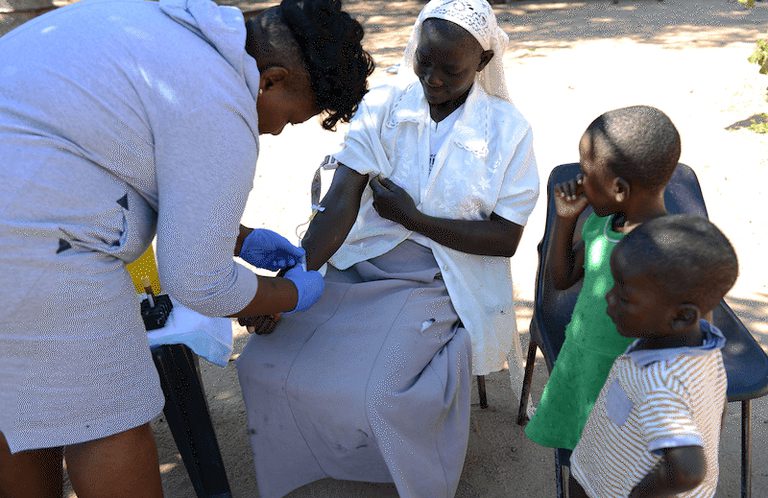
Research partner: This project is a collaboration between Variant Bio and the African Research on Kidney Disease (ARK) Consortium, specifically Dr. June Fabian, a nephrologist at the Wits Donald Gordon Medical Centre and Principal Investigator of the South African arm of ARK, as well as co-investigators Professors Michèle Ramsay of the Sydney Brenner Institute of Molecular Bioscience and Stephen Tollman of the MRC/Wits Rural Public Health and Health Transitions Research Unit in Agincourt.
Partner community: Rural communities around Agincourt in the Bushbuckridge sub-District of Mpumalanga Province in northeastern South Africa.
Health focus: Kidneys
Project overview: By working with communities that are at high risk for kidney disease from before birth, through childhood and adolescence, and into adulthood, this project aims to better understand kidney disease in Sub-Saharan African populations. More specifically, the collaboration focuses on determining the burden of kidney disease, its causes, and how it might be prevented.
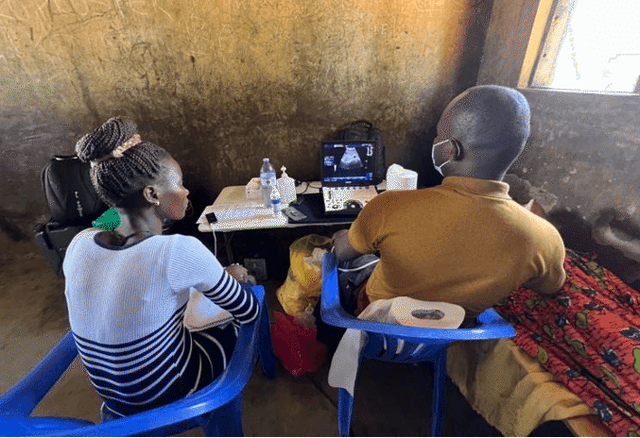
Research partner: This project is a collaboration between Variant Bio and Bilhi Genetics, founded by Dr. Alain Dessein, a pioneer in the genetics and treatment of fibrosis.
Partner community: Communities living in the West Nile region of Uganda.
Health focus: Liver
Project overview: This project aims to identify genetic risk factors for severe liver fibrosis among those living in the West Nile region of Uganda, where there is a very high prevalence of schistosoma parasites. Infection by schistosomes is called schistosomiasis or bilharzia, and it can lead to a type of permanent scarring of the liver, called fibrosis. Liver fibrosis is the primary pathology in various forms of liver disease — alcohol-induced cirrhosis of the liver, non-alcoholic fatty liver disease (NAFLD), and non-alcoholic steatohepatitis (NASH), and is also associated with various viral infections of the liver (e.g. Hepatitis B, C). To date, no treatments have conclusively shown the ability to reverse or halt fibrosis of the liver.
Asia
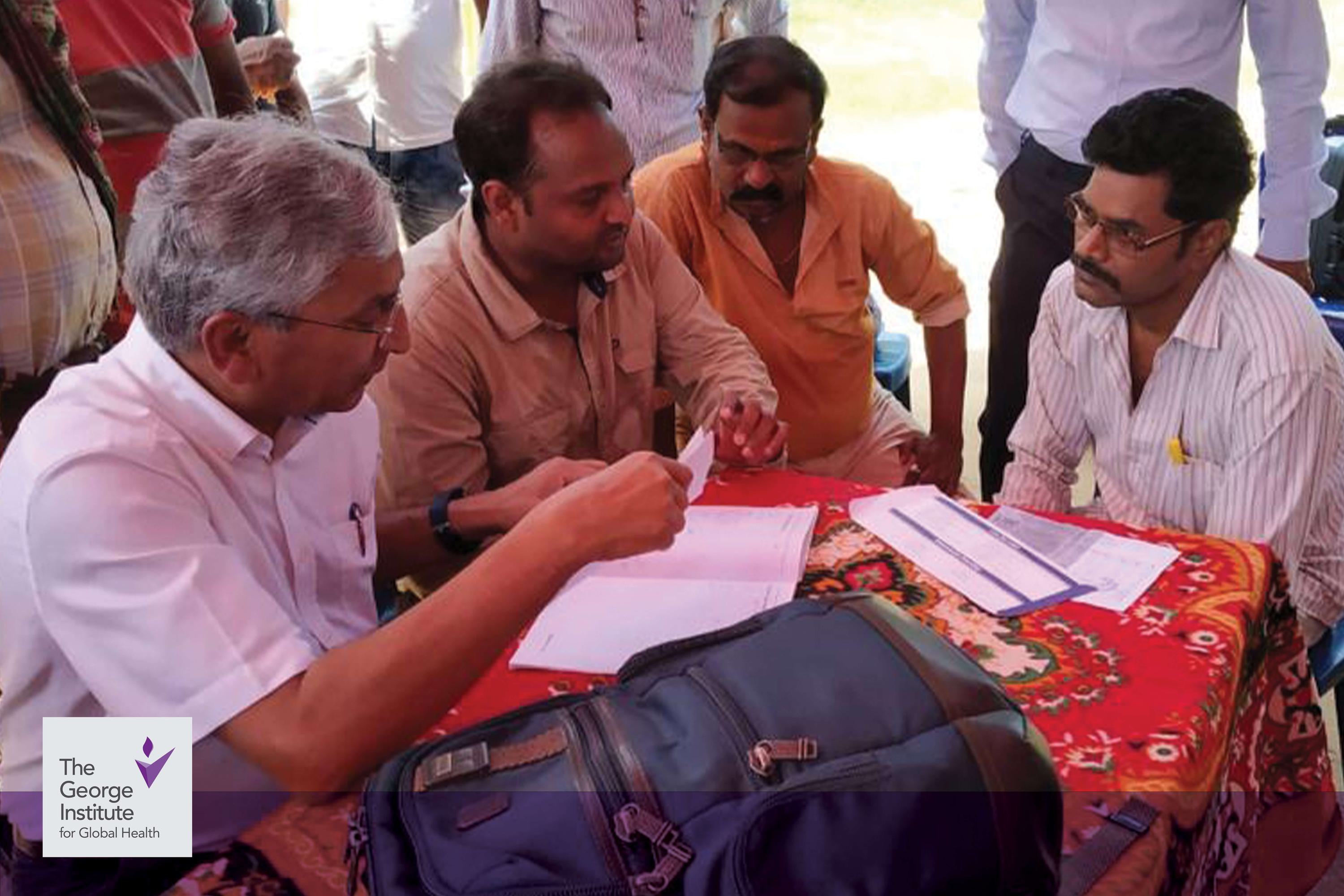
Research partner: This project is a collaboration between Variant Bio and the Kidney Research Team at the George Institute for Global Health India (TGI), led by Professor Vivekanand Jha, Executive Director of TGI and Chair of Global Kidney Health at Imperial College, London.
Partner community: General population of Uddanam, India, with a focus on patients with chronic kidney disease.
Health focus: Kidneys
Project overview: This project aims to investigate the genetics of chronic kidney disease by working with communities in the Uddanam region of Srikakulam District, Andhra Pradesh, India, an area with a high prevalence of chronic kidney disease.
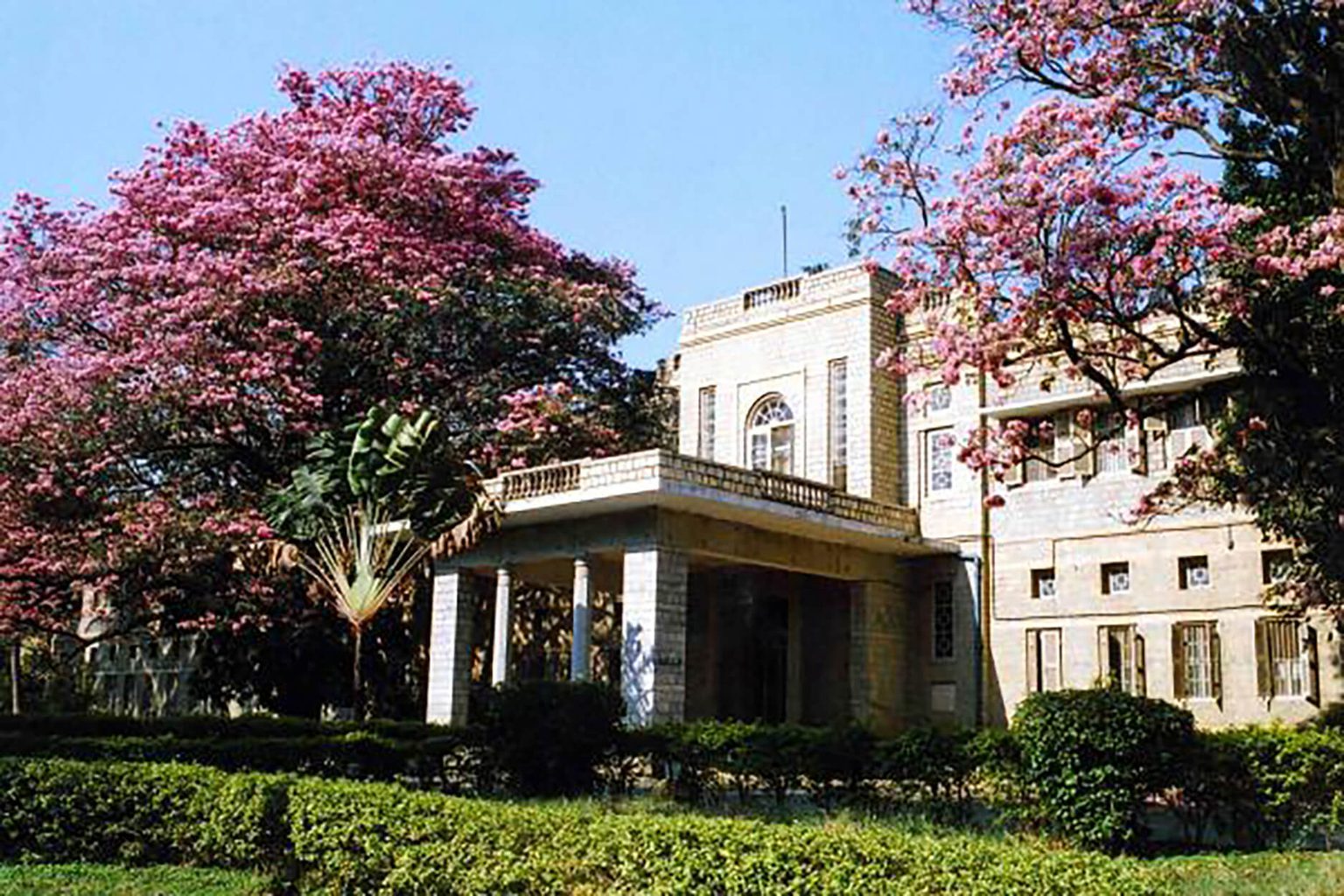
Research partner: This project is a collaboration between Variant Bio and Drs. Atchayaram Nalini and Gautham Arunachal Udupi from the National Institute of Mental Health and Neuro Sciences (NIMHANS).
Partner community: Patients with Amyotrophic Lateral Sclerosis (ALS), also known as Lou Gehrig’s Disease, from different ethnic groups across India.
Health focus: ALS
Project overview: This project is the first truly population-scale genomic study of ALS in India. It aims to understand the frequencies of previously known genetic variants associated with ALS in India and to potentially uncover new genetic variants associated with ALS.

Research partner: This project is a collaboration between Variant Bio and the Genome Diversity and Diseases Research Group at the Mochtar Riady Institute for Nanotechnology (MRIN) in Tangerang, Indonesia, led by Dr. Herawati Sudoyo, a world renowned expert on Indonesian population diversity, Dr. Safarina Malik, a prominent molecular biologist with expertise in lifestyle diseases and nutrigenomics.
Partner community: For the first phase, the study engaged communities from six ethnic groups – selected to represent a wide geographical distribution across the Indonesian archipelago (West, Central, and East Indonesia) – in Flores, Bali, West Papua, Java, and Kalimantan. For the project expansion, the team worked with samples that were previously collected by Dr. Herawati Sudoyo and collaborators from over 70 ethnic groups across Indonesia.
Project overview: Through a combination of genetics, functional genomics, metabolomics, and epidemiological and clinical data, this study aims to develop a better understanding of genetic variations (especially disease-causing or disease-protective ones) among different populations in Indonesia.
Europe
Research partner: This project is a collaboration between Variant Bio and Dr. Noomi Gregersen, the General Manager of FarGen, or the Faroe Genome Project, a project managed by Fólkaheilsustýrið (the Faroese Health Authority) and Dr. Fernando Racimo from the University of Copenhagen.
Partner community: Residents of the Faroe Islands, an autonomous territory within the Kingdom of Denmark.
Health focus: Type 2 diabetes, hypertension, ankylosing spondylitis, and inflammatory bowel disease.
Project overview: Residents of the Faroe Islands exhibit an increased prevalence of cystic fibrosis, carnitine transporter deficiency, autoimmune disorders, and multiple sclerosis, among others. The goal of FarGen is to create a genetic reference panel that represents the Faroese people to explore the genetic architecture of autoimmune and metabolic disorders on the Faroe Islands, and to study the evolutionary history of the Faroese people. This is one of the steps that the Faroese government is undertaking towards advancing precision medicine on the islands.
Oceania
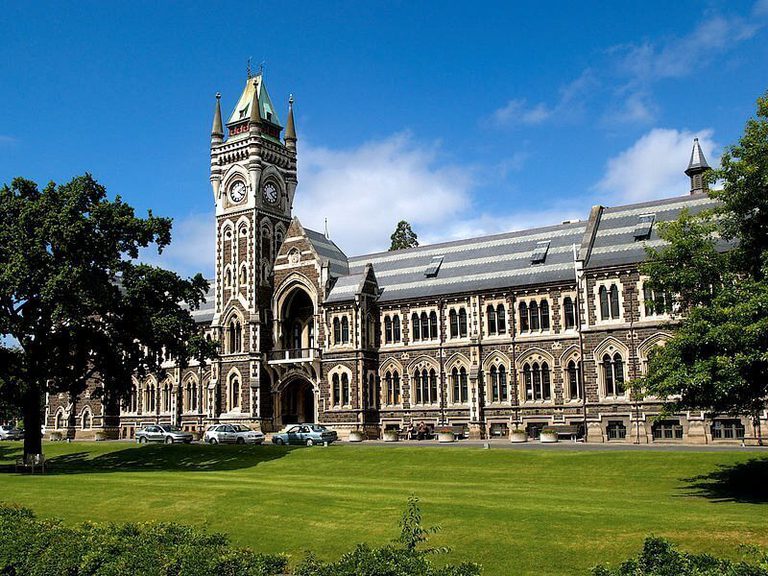
Research partner: This project is a collaboration between Variant Bio and Dr. Tony Merriman, formerly Research Professor in the Department of Biochemistry at the University of Otago, and now a Professor in the School of Medicine at the University of Alabama at Birmingham.
Partner community: People of Māori and Pacific ancestry in Aotearoa New Zealand
Health focus: Gout, kidney disease, and diabetes.
Project overview: Metabolic disease, which includes gout, kidney disease, and diabetes, is 2–3-fold more prevalent in the Māori and Pacific (Polynesian) populations of Aotearoa New Zealand. This project aims to understand the genetic causes of kidney disease and related metabolic disorders in people of Māori and Pacific ancestry.
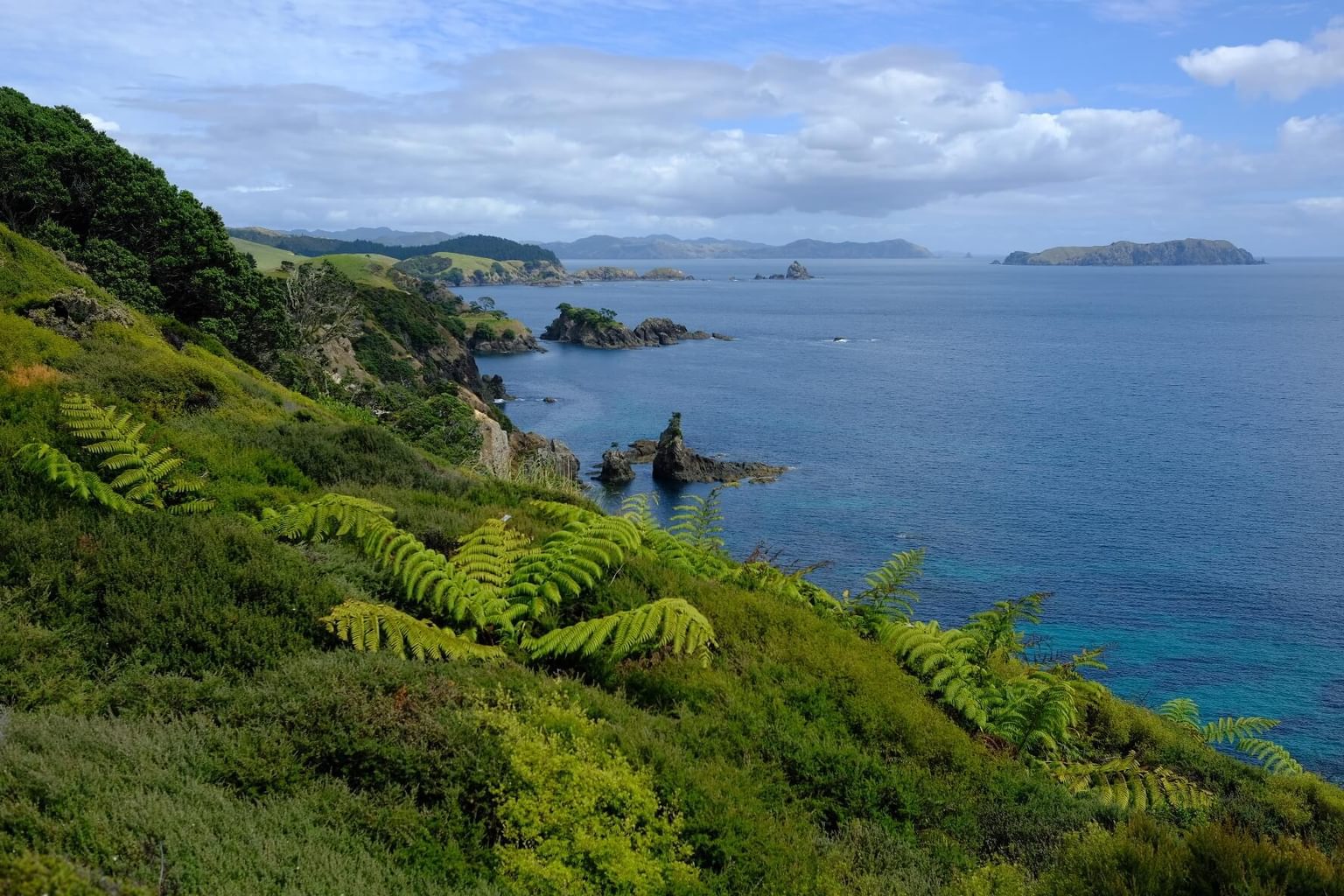
Research partner: This project is a collaboration between Variant Bio and Dr. Tony Merriman, formerly Research Professor in the Department of Biochemistry at the University of Otago, and now a Professor in the School of Medicine at the University of Alabama at Birmingham.
Partner community: The Pukapukan community of Auckland, in Aotearoa New Zealand.
Health focus: Gout, kidney disease, and other related diseases.
Project overview: Pukapuka is a small coral atoll in the Cook Islands, and one of several island nation populations in the Pacific with non-existent representation in genomics research and very limited epidemiological data relating to population health. The small amount of data available on Pukapukan people indicates a high prevalence of gout and kidney disease. This Pukapuka-specific project focuses on the genetics of gout, kidney disease, and other related diseases. The aim of this project is to better understand the relationship between genes and health in the Pukapukan community of Aotearoa New Zealand.
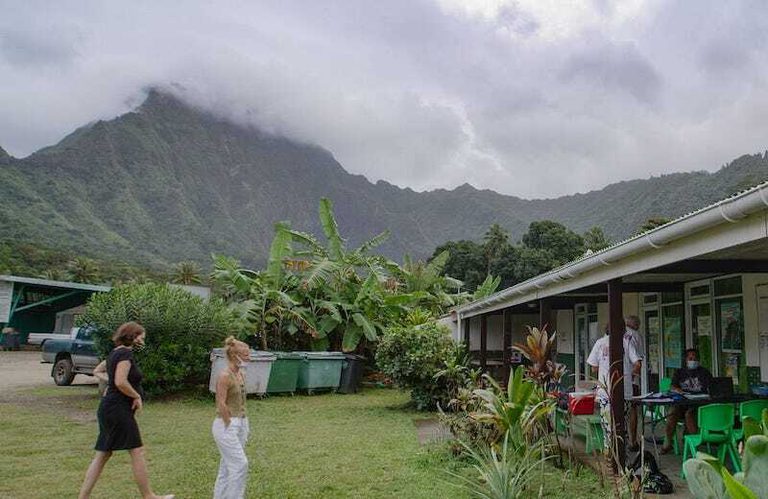
Research partner: This project is a collaboration between Variant Bio and Professor Tristan Pascart of the Groupement des Hôpitaux de l’Institut Catholique de Lille (France) and the French Polynesian Ministry of Health.
Partner community: Polynesian communities from seven islands spanning the five archipelagos of French Polynesia: Tahiti, Moorea, and Raiatea (Society Islands); Rangiroa (Tuamotus); Nuku Hiva (Marquesas); Mangareva (Gambiers); and Rurutu (Australs).
Health focus: Gout
Project overview: Gout is the most common form of inflammatory arthritis in the world, and is known to be especially frequent among Indigenous populations of the Pacific. Through a large study of the genetic, environmental, and health factors contributing to gout, this project aims to understand the underlying causes of the high prevalence of gout in French Polynesia.
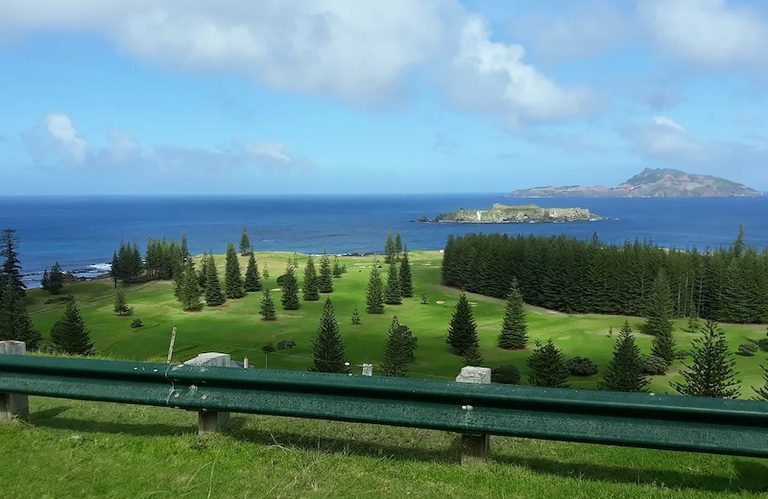
Research partner: This project is a collaboration between Variant Bio and the Norfolk Island Health Study, a long-running research initiative led by Professor Lyn Griffiths, the Director of the Centre for Genomics and Personalised Health and the Genomics Research Centre at Queensland University of Technology in Australia.
Partner community: Residents of Norfolk Island
Health focus: Kidneys
Project overview: Norfolk Island, located in the Pacific Ocean between Aotearoa New Zealand and New Caledonia, is currently an external territory of Australia. The Norfolk Island community exhibits a lot of unique health characteristics, with higher levels of certain conditions, and lower levels of others. Building on the work already undertaken by Prof. Griffiths, the collaboration with Variant Bio provides the opportunity to expand the study into new clinical areas and to focus on determining the burden of kidney disease, its causes, and how we might prevent kidney disease in the Norfolk Island community.
North America
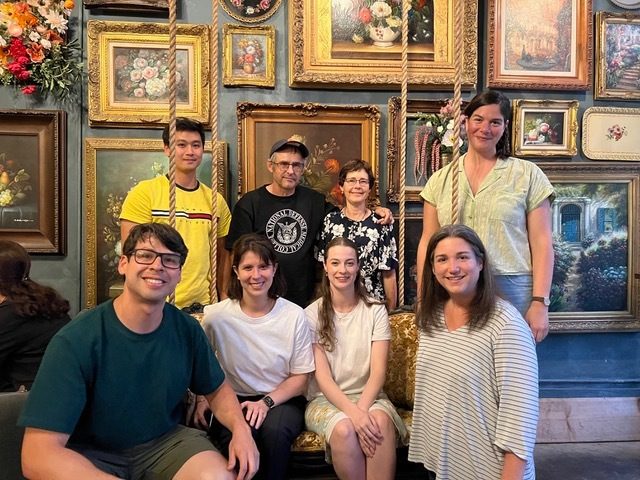
Research partner: This project is a collaboration between Variant Bio and Dr. Tony Merriman and members of his lab at the University of Alabama at Birmingham.
Partner community: Gout GWAS analyses are being performed based on prior genomic studies with Polynesian populations.
Health focus: Gout
Project overview: This project aims to advance therapeutic target validation in gout.
Case Study: French Polynesia
